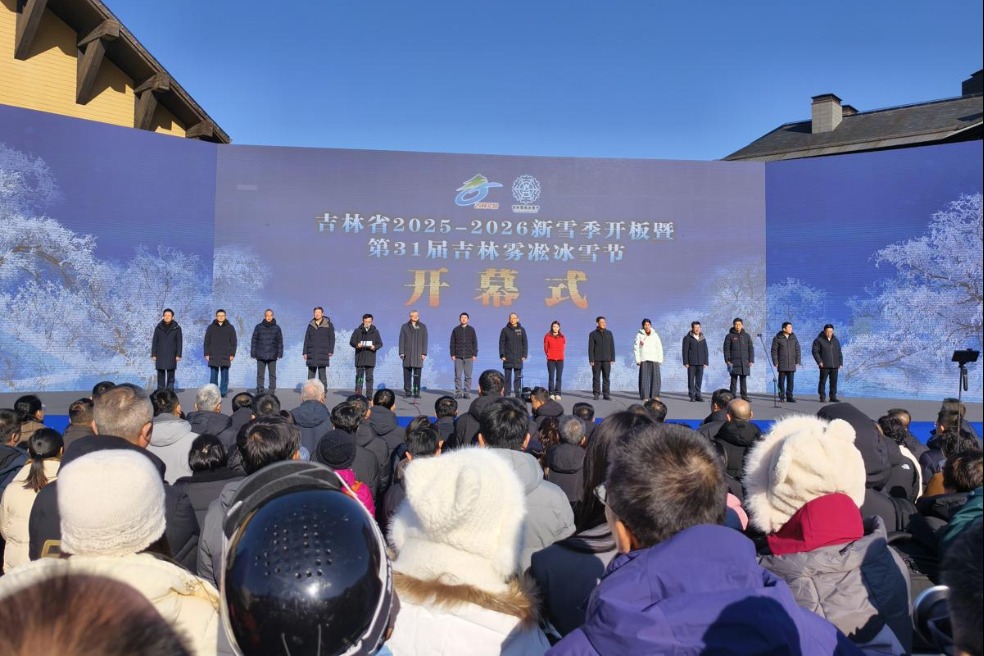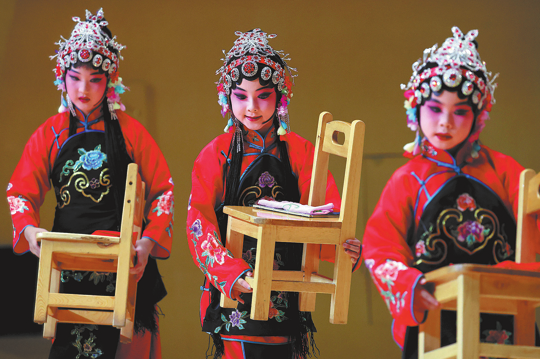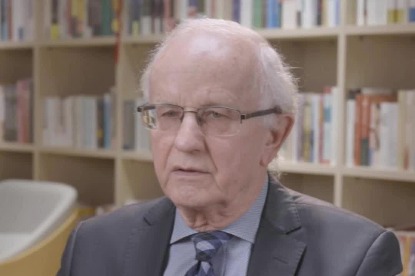Technology offers prospective parents new hope


Nation's reproductive medicine makes rapid advances
Cao Jing, a 37-year-old from Suzhou, Jiangsu province, celebrated the birthday of her 3-year-old daughter this month - the first baby in the world born using a genetic technology that will allow the youngster herself to have smoother, trouble-free pregnancies when she is ready to become a mother.
The technique blocks the genetic transfer of a structural chromosomal abnormality to newborns that has an incidence rate of about 0.2 percent in untreated pregnancies.
Those with the abnormality often experience repeated miscarriages or have babies with birth defects when they become pregnant.
More than 20 healthy babies have been born at hospitals in China through this technology, said Sun Xiaoxi, vice-president of the Shanghai Ji Ai Genetics and IVF Institute.
The institute, which is affiliated with Fudan University, developed the technology.
In other areas of innovative biotechnology, the first test-tube baby on the Chinese mainland was born in 1988. Now, some 700,000 in vitro fertilization procedures are performed in the country annually, the largest number of any country. Reproductive medicine in China has been developing rapidly and has made significant contributions to this branch of science.
- University launches new AI department to align with national priorities
- Jilin kicks off 2025-26 snow season with grand opening event
- China hails 'hard-won' COP30 Global Mutirao decision
- China-SA science exhibition showcases innovation, cultural exchange
- China opens draft regulations on data protection to public consultation
- Veteran French physicist elected to Chinese Academy of Sciences




































